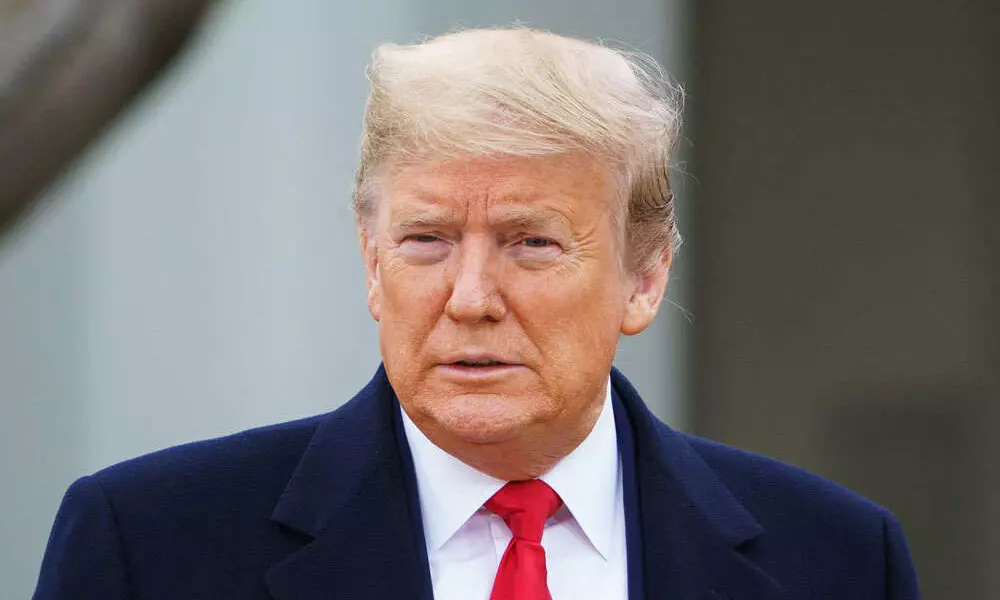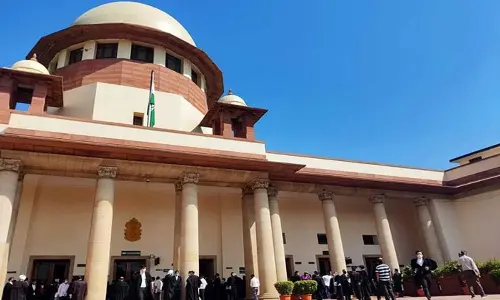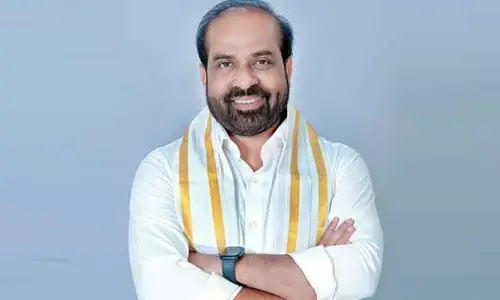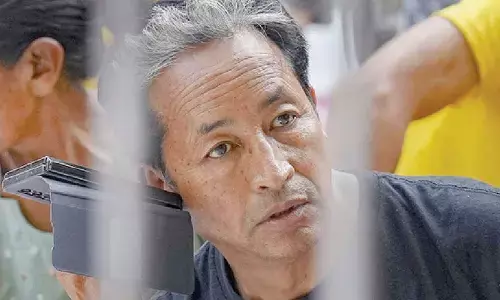Facebook's Oversight Board Justifies Trump's Ban on Social Media

Donald Trump
A company-appointed panel ruled that the ban was justified at the time but said the company should consider its action and make a final decision in six months.
A Facebook-appointed panel of journalists, activists and lawyers ruled on Wednesday to uphold former President Donald J. Trump's social media ban, ending any immediate return of Mr Trump to mainstream social media and renewing a debate on the power of technology about online speech.
Facebook's Oversight Board, which acts as a quasi court to deliberate on the company's content decisions, said the social network was right to ban Trump after he used the site to incite an insurrection in Washington in January. The panel said the continued risk of violence "justified" the suspension.
But the board also said Facebook's sanction of an indefinite suspension "was not appropriate" and that the company should apply a "defined penality." The board gave Facebook six months to make its final decision on the status of Trump's account.
"Our sole job is to hold this extremely powerful organization, Facebook, to be held accountable," Michael McConnell, co-chair of the Oversight Board, said on a call with reporters. The decision "did not meet these standards," he said.
The decision adds difficulties for Trump to rejoin the main social networks he had used during his years in the White House to cajole, set policies, criticizing opponents, and anger the tens of millions of his followers. Twitter and YouTube had also cut Trump in January after the uprising at the Capitol building, saying the risk of harm and the potential for the violence he created was too significant.
But while Trump's Facebook account remains suspended, for now, it doesn't mean he won't be able to return to the social network at all once the company reviews his action. On Tuesday, Trump had launched a new site, "From the Desk of Donald J. Trump," to communicate with his followers. It looked a lot like a Twitter feed, with posts written by Trump that can be shared on Facebook, Twitter, and YouTube.
Trump's continued suspension from Facebook gave conservatives, who have long accused social media companies of suppressing voices from the right, new fuel against the platforms. Mark Zuckerberg, Facebook's chief executive, has testified in Congress multiple times in recent years about whether the social network has shown bias against conservative political views. He has denied it.
In a tweet, Republican members of the House judicial committee said the board's decision was "pathetic."
Democrats pointed to how Facebook can be used to spread lies. Frank Pallone, chairman of the House of Representatives trade and energy committee, tweeted, "Donald Trump has played a big role in helping Facebook spread disinformation, but whether he's on the platform or not, Facebook and other social media platforms with the same business model will find ways to highlight divisive content to drive advertising revenues."
Nate Persily, a professor at Stanford University's law school, said, "This case has dramatic implications for the future of speech online because the public and other platforms are looking at how the oversight board will handle what is a difficult controversy that will arise again around the world."
He further added, "President Trump has pushed the envelope about what is permissible speech on these platforms, and he has set the outer limits such that if you are unwilling to go after him, you are allowing a large amount of incitement and hate speech and disinformation online that others are going to propagate."
In a statement, Facebook said it was "pleased" that the board recognized that it's barring of Mr Trump in January was justified. The company added that it would consider the ruling and "determine an action that is clear and proportionate."
Trump's case is the most prominent ever handled by Facebook's Oversight Board, conceived in 2018. The board, which comprises 20 journalists, activists, and former politicians, reviews and adjudicates the company's most controversial content moderation decisions. Zuckerberg has repeatedly referred to it as the "Supreme Court of Facebook."
But while the panel is positioned as independent, it was founded and funded by Facebook and has no legal or enforcement authority. Critics have been sceptical of the board's autonomy, saying it gives Facebook the ability to bet on tough decisions.
















